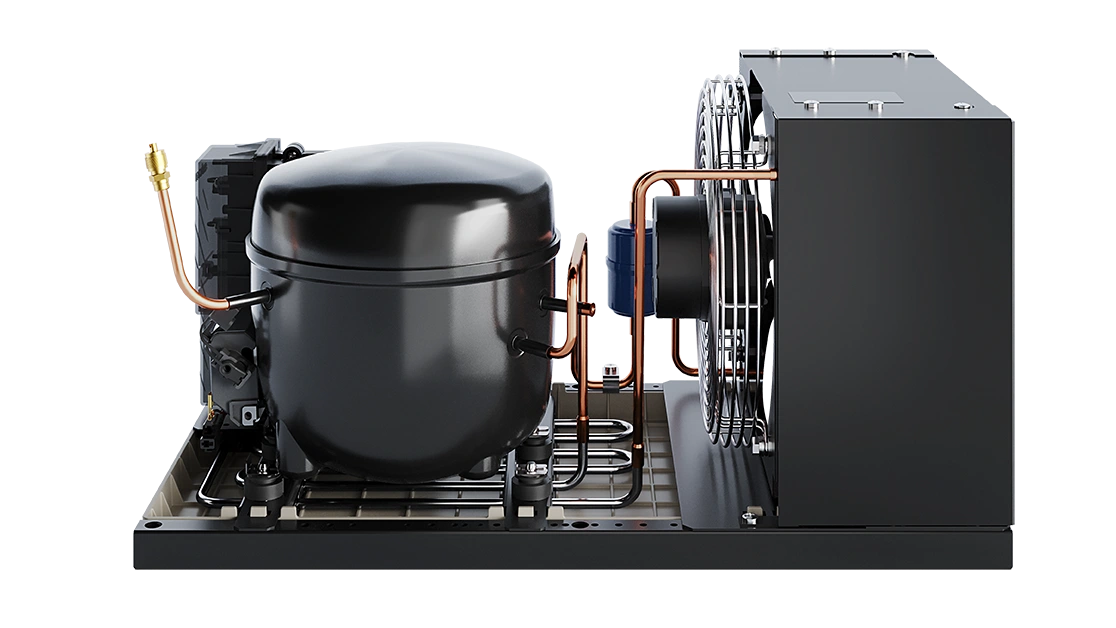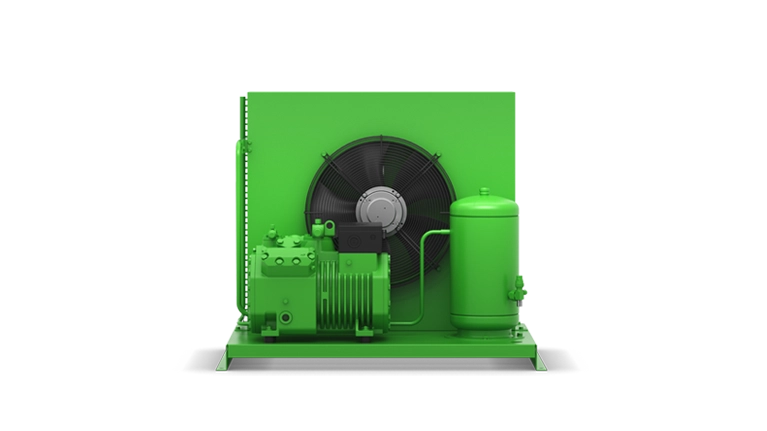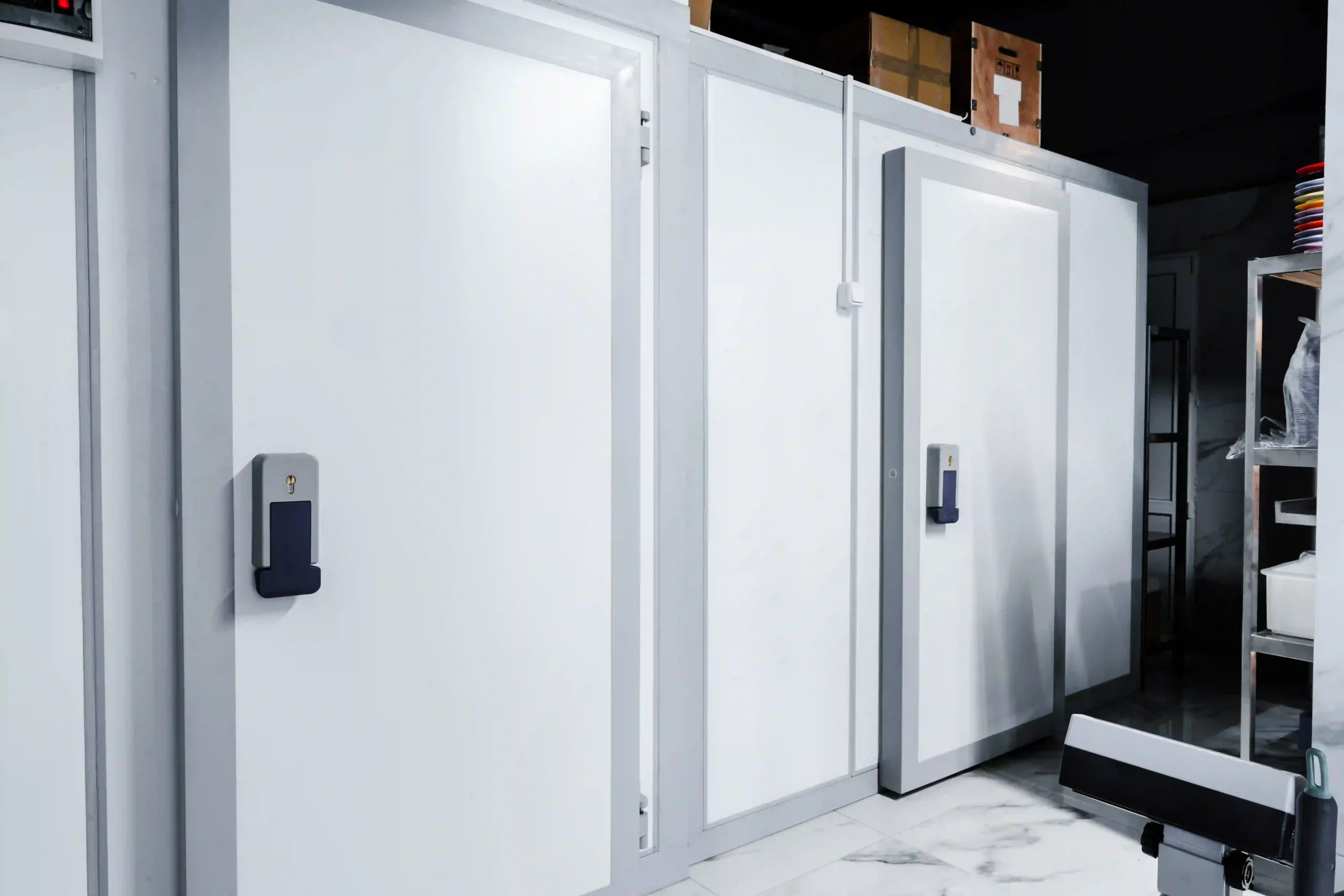
- Home
- Hermetic Split-Type Cooling Units for Plug-and-Play Installation
Walk-In Chiller Rooms & Freezers Made in Turkey
Hermetic Split-Type Cooling Units for Plug-and-Play Installation
Some machines shout. Ours just cool — quietly, efficiently, and without fuss.
Our hermetic split-type cooling units are manufactured in Turkey with a single purpose: to simplify your cold storage without compromising on performance. Factory-sealed, compact, and rugged — they’re the type of unit you forget is even there, because they never let you down.
Whether it’s a small pastry shop in Nairobi or a healthcare facility in Muscat, these units are the unsung heroes behind the scenes, doing the job shift after shift.
1-Year Factory Warranty
Service in 90+ countries
Spare parts in Turkey, UAE
⚙️ Why Professionals Choose Hermetic Split Units
- 🔌 Sealed Tight, Built Smart:All-in-one sealed compressors reduce leakage risks and eliminate the need for onsite tinkering.
- 📦 Slim Build, Strong Output:Don’t let the size fool you — these units cool fast, stay stable, and slide into tight installs easily.
- 💨 Set-and-Forget Simplicity:With fewer moving parts and zero internal servicing, they’re made to just… work.
- 🔇 Whisper-Quiet Operation:Because your kitchen team or store staff don’t need extra background noise.
- 🌡️ Rock-Solid Temperature Stability:Keeps your products safe with minimal variation, even during intense usage cycles.

🌍 Turkish-Made, Globally Trusted
We assemble every unit at our production center in Turkey, using compressors and parts from industry leaders like Embraco and Danfoss. Our evaporators and condensers are selected based on your local climate and application.
These units are tested under tropical conditions, certified for export, and supported with all the documentation you need to clear customs without a headache.
From bustling city cafés to off-grid mobile kitchens, they show up, plug in, and get to work.
🧊 Perfect for These Applications
- Small walk-in chillers (up to 40 m³)
• Flower or pastry storage rooms
• Medicine and vaccine storage points
• Shipping container conversions
• Satellite kitchens, kiosks, or remote-camp chillers
❓ FAQ – Hermetic Split-Type Cooling Units
In what type of projects are hermetic split units the most cost-effective choice?
They’re ideal for smaller cold rooms (under 40 m³), flower shops, pastry kitchens, kiosks, and medical storage — where compact, reliable cooling is needed without complex servicing.
How do hermetic split units handle frequent door openings in high-traffic kitchens?
Thanks to efficient evaporators and fast recovery compressors, they stabilize temperature quickly, ensuring food safety even during rush hours.
Are hermetic units harder to repair since they’re sealed?
They don’t need internal repair — that’s the point. With fewer moving parts, sealed compressors reduce breakdowns and maintenance costs over the unit’s lifetime.
What’s the logistics advantage of exporting hermetic split systems from Turkey?
Units are compact, factory-sealed, CE-certified, and shipped with full documentation, making them easy to clear customs in Africa and the Middle East.
How do hermetic systems compare in energy efficiency to larger semi-hermetic or central systems?
They consume less power in small-to-medium applications, often reducing electricity bills by 15–20% compared to oversizing with heavier-duty systems.
💬 Real Projects & Client Testimonials – What Our Partners Say

